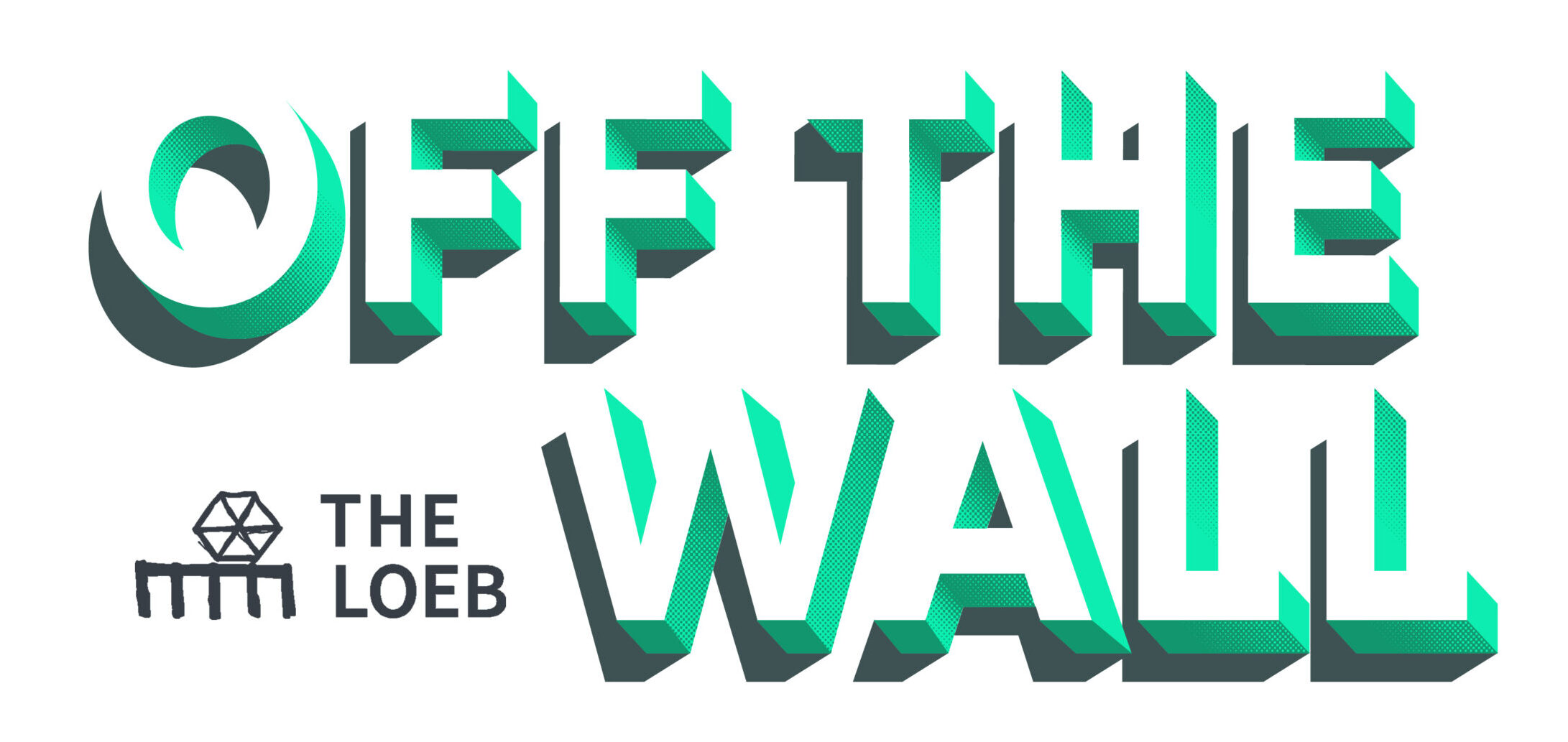Today’s post comes from Ruby Mayer, class of 2020 and Art Center Summer Docent
Every Thursday evening in July, at 6:00 pm, the Powerhouse Theater Training Company will present “I’m Trying to Tell You Something Important,” a Soundpainting performance in the Art Center galleries. Spontaneously composed and directed by Brooklyn-based playwright, director, and teacher, Max Reuben, the performances will be generated in the galleries, on the spot. Reuben directs using the gestural language of Soundpainting which, with its 1,500 gestures, allows him to communicate to actors the who, what, when, and how of a scene, and watch them devise it. This summer, Reuben is returning to Vassar for his third Powerhouse season. I spoke with him last week about Soundpainting, what it means to direct improv, and the effects of location on performance.

First, he briefed me on the history of Soundpainting. The language was invented in 1974 by Walter Thompson, an experimental jazz musician. Consequently, many Soundpainting performances use musicians. Reuben uses the language, instead, to compose theatre. As a new and nonverbal language, Soundpainting is highly interpretive. Composing a Soundpainting performance, Reuben says, is like having a conversation. As he watches actors translate and animate his cues, he has to adjust in an instant. “I know the language, but there is so much variable,” he explains, “to me, the most important thing, and the most exciting thing, about Soundpainting, is that the work is being created and composed at the same time… it’s sort of virtuosic”.
The only thing thought up in advance, is the show’s title. “I’ve been really interested in the ways that we avoid saying things that we want to say,” he tells me, as he explains how he came upon the title, “I’m Trying to Tell You Something Important”. Despite the theme, Reuben says the performances will be improv, but not “clever or funny at all”. An obvious overstatement, Reuben explains that he urges his actors to “be boring,” and override the implication that all improv is comedy.
Between the magic of Soundpainting, and the shock of earnest improv, Max Reuben’s directing is so authentic that it often seems rehearsed. As improvised works drawing on the immediate conditions and observations of the directors and actors, Soundpainting performances are particularly site sensitive. I ask Reuben, as he approaches his third series of performances in the Art Center, how the museum space affects the tone of his work. He tells me that he’d only really performed before a seated audience in a ‘neutral’ performing space before. That in a museum, surrounded by art, he felt encouraged to draw from the works around him.
“The venue presents opportunities that you can take advantage of or ignore,” he says, and that the show they put on in the Art Center “was only possible in the Art Center,” whereas shows they’ve done elsewhere “could probably happen anywhere”. The specificity of the environment encourages a unique, irreplicable kind of storytelling. Reuben’s Soundpainting offers a new way to enjoy theatre, and a new way to interact with the gallery. It is a celebration of art, static and performed, that is not to be missed.




